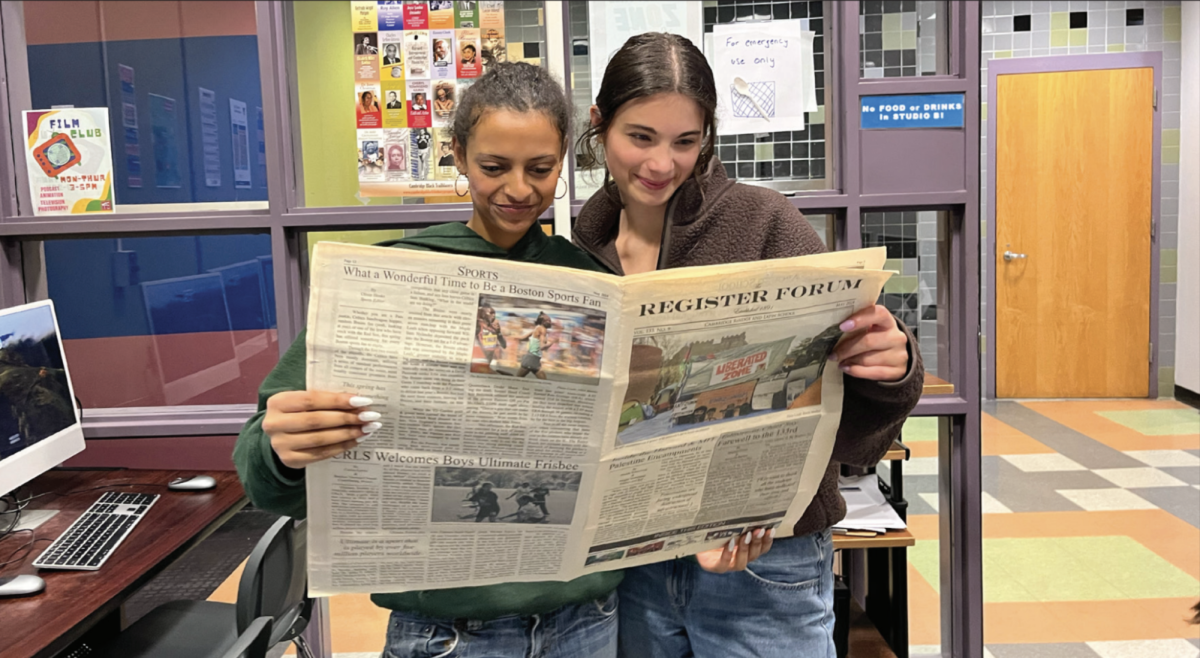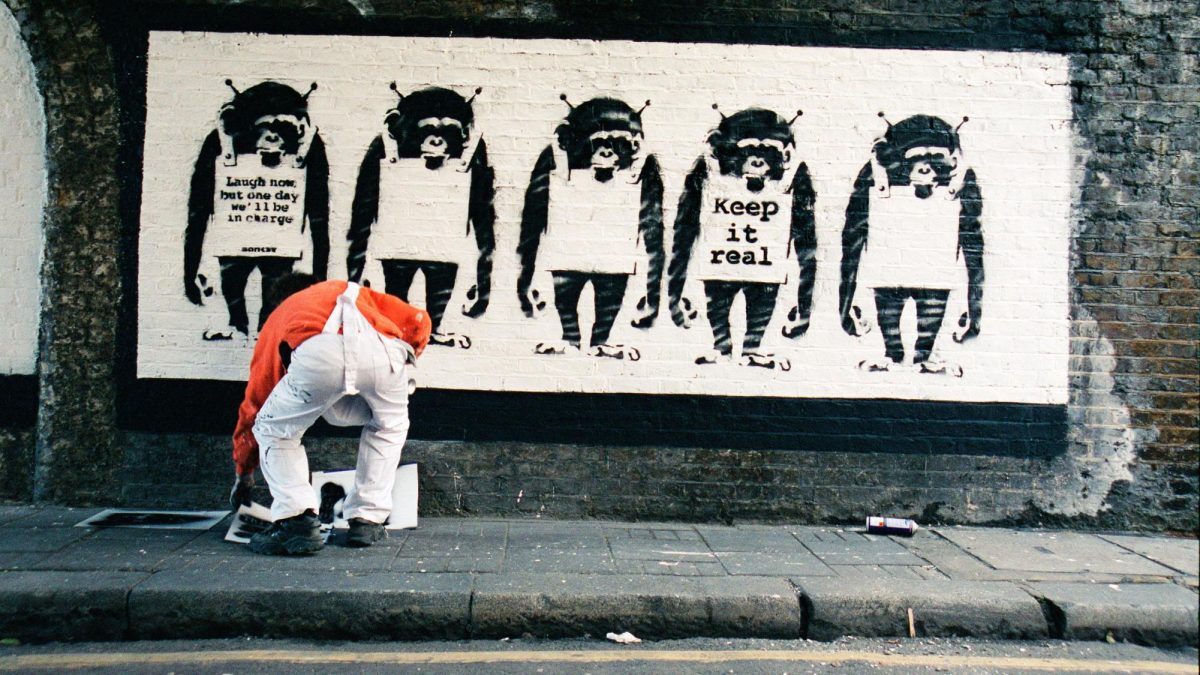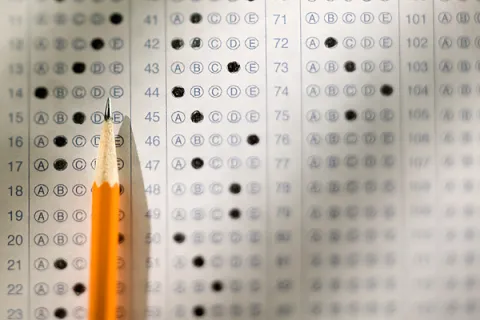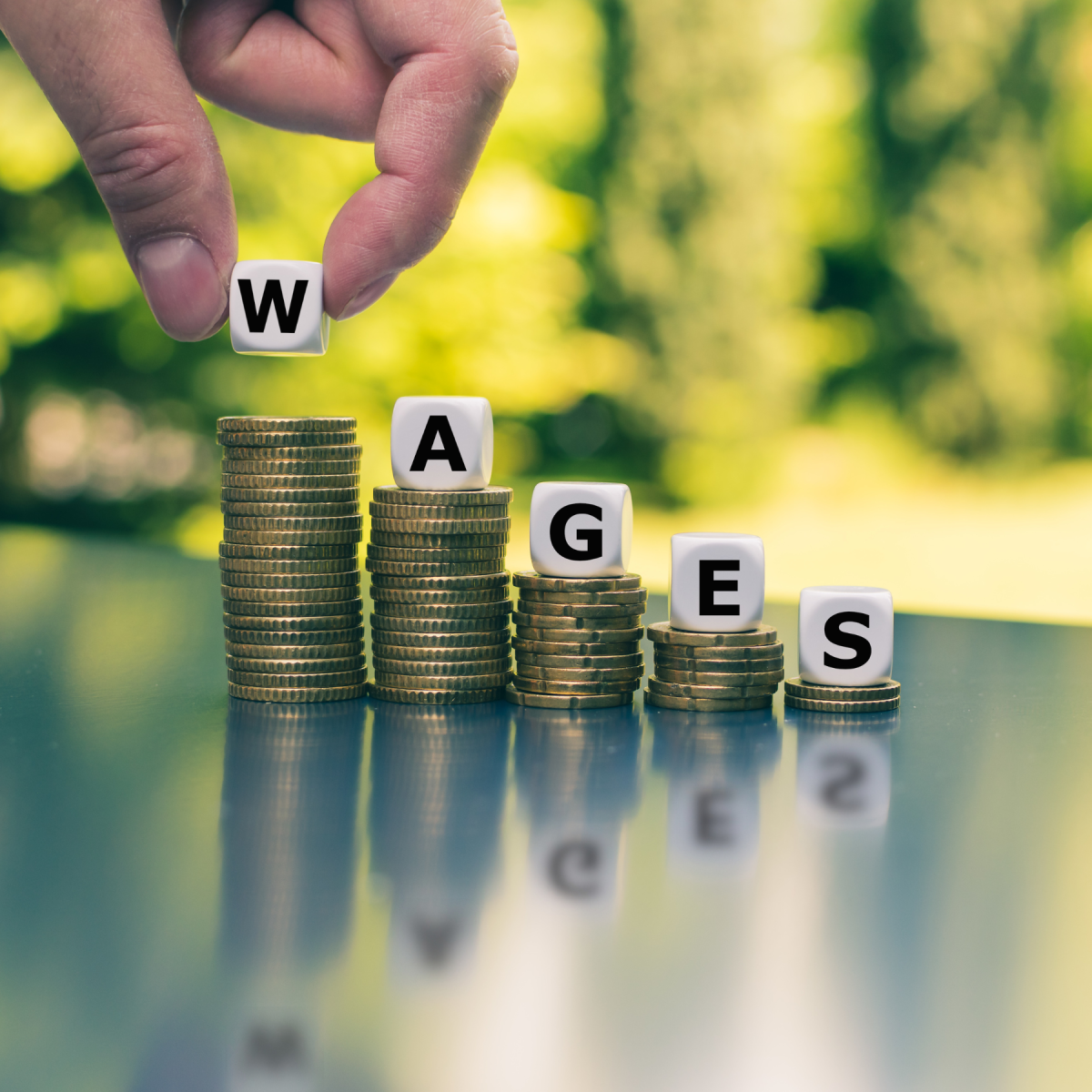“This isn’t just about age restriction—it’s about mass surveillance and data control.” These were the words issued as part of a petition by Gerfdas Gaming—one that, though only started little over a month ago, has acquired nearly 130,000 signatures. The issue that managed to unite hundreds of thousands of souls with a common goal? YouTube—specifically YouTube’s new AI—which tracks and partially restricts everything you watch. What’s more, under certain circumstances, the only way to have a free, unrestricted account on YouTube is by giving up confidential personal information.
On Aug. 13, 2025, YouTube began implementing a new AI—one designed to verify the age of all its users and place restrictions. Starting that month, this new “age-estimation model” analyzes a user’s viewing history as well as the longevity of the account in order to determine the user’s age. If a user is under 18, the AI will apply teen safety measures, including disabling personalized ads, applying digital wellbeing tools, and displaying “take a break” reminders after prolonged screen time. Additionally, it will also restrict apparent “sensitive content”—including violent or sexually suggestive videos—and prohibit repetitive viewing of certain content. AI will now have complete control over which content is accessible to you, solely based on its interpretation of your age.
Past examples prove that it cannot be left up to AI to determine the age of users. For instance, a 2022 study from “Scientific Reports” found that when it comes to estimating age, AI is less accurate than humans. Furthermore, most of YouTube’s previous attempts to use AI have just led to flawed systems. A 2021 study by Mozilla discovered videos recommended by AI were 40% more likely to be deemed “regrettable” (containing either harmful content or provoking immensely negative responses) than videos specifically found through search engines. YouTube keeps implementing AI in areas beyond the capability of technology, leading to inaccuracy.
In the likely event that YouTube misclassifies an adult as under 18, the company has determined a way to revoke wrongful safeguards—though it comes with its own set of issues. You see, in order to maintain freedom and independence on an account, misclassified adult YouTube users will have to upload a government ID, their credit card, or a selfie to verify their birthdate.
This verification system in and of itself is a major violation of privacy. A government ID contains a full legal name and date of birth, as well as residential address and identification number, a photograph, height, gender, and in some cases a Social Security Number. A credit card would contain sensitive information used for transactions. Even a selfie contains vital biometric information. Due to YouTube’s utter lack of transparency concerning the AI, no real proof has been released as to what will be done with said information.
Putting the issues the adults may come across with this system aside, some have praised the AI for its effect on children. In the past, YouTube has received criticism because even though one is required to give a birthdate when signing up for YouTube, teens could easily evade these age safeguards by giving a fake birthdate. The new AI system was considered a solution, leaving no room for underaged teens to circumvent the system.
However, some teenagers are determined to find loopholes, going as far as using VPNs, fake accounts, or browser extensions to bypass restrictions, and the AI system is naught but another obstacle for them to overcome. Those who are content with following the rules are not the ones whose consumed content needs to be restricted.
In fact, not only would these restrictions be fallible and unnecessary in some cases, they could even negatively impact the minors they apply to by prohibiting important educational information deemed “adult” content. Recently, Reddit had a similar age verification model in the UK, and a surprising amount of the material banned proved to be helpful or educational. A member of the Electronic Frontier Foundation even stated that “As soon as the policy took effect, reports emerged from users that subreddits dedicated to LGBTQ+ identity and support, global journalism, conflict reporting, and even public health-related forums like r/periods, r/stopsmoking, and r/sexualassault were walled off to unverified users.” Moreover, information that contradicts the the government, as well as content concerning abortions, womens’ rights, and social justice issues, is often marked as “mature,” leading to minors not being able to find the help and education they need.
All in all, who is AI to decide the content we see? It is evident that using AI for age verification is not only immensely unreliable and flawed, but also restricts the fundamental rights everyone has to privacy, confidentiality, and unrestricted education. This new AI is not the savior YouTube is making it out to be, and it comes with far too many faults to go ignored any longer.
This is still steadily growing, and the creator has already been interviewed and quoted by several articles. With your help, this petition can grow even more, until it can make a tangible impact. Join the petition! Spread the word! While we may not have all the power individually, together we can make a true difference.
This article also appears in our September 2025 print edition.













